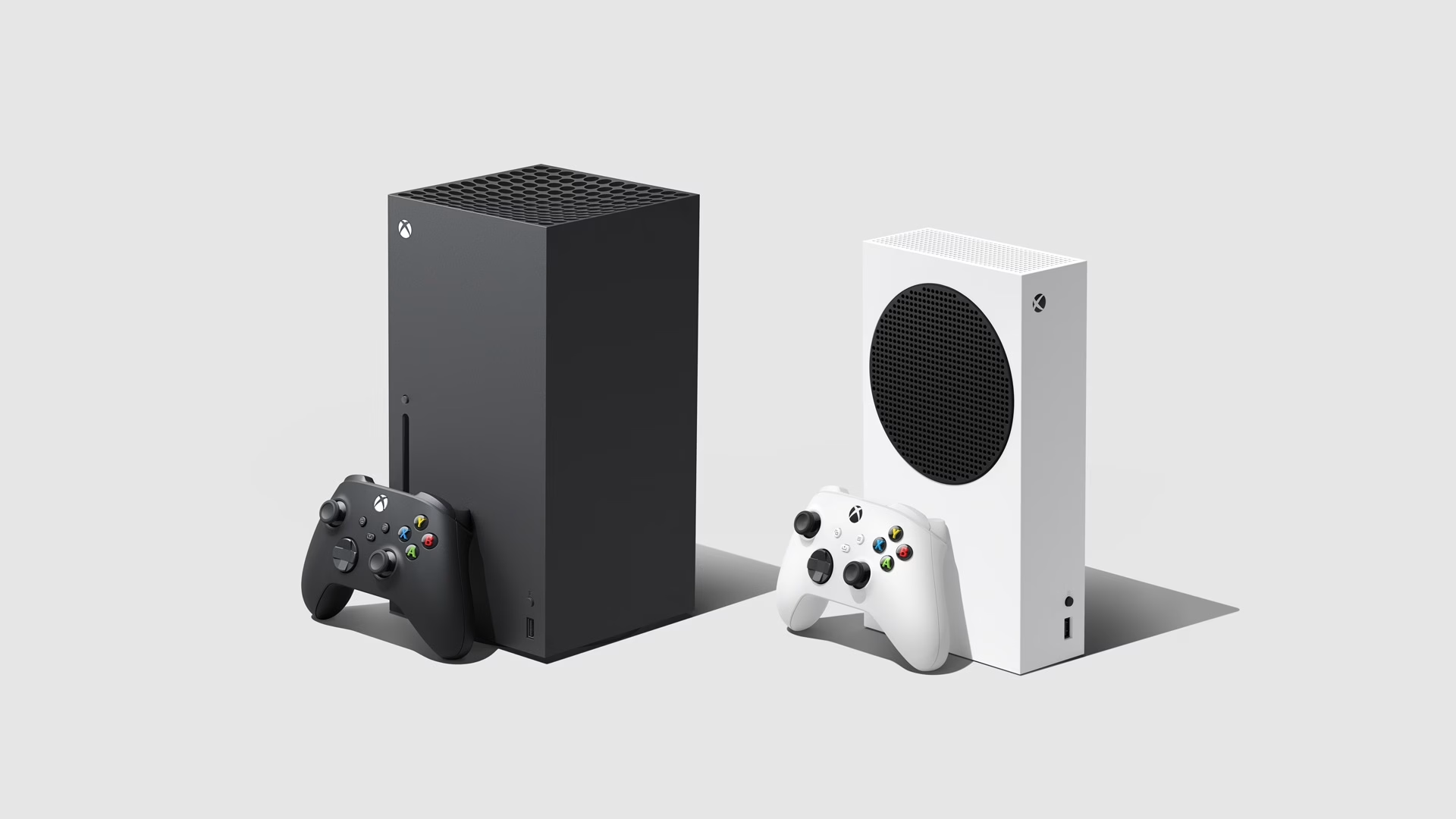Unpacking the Xbox Supply Chain: Where Consoles Are Made and Who Builds Them for Microsoft
The Global Hub: Xbox Manufacturing in China
For years, the tech industry has gravitated towards a handful of manufacturing powerhouses, and when it comes to consumer electronics, China has consistently been at the forefront. This holds true for Xbox consoles. Based on what we know, the vast majority, if not all, of the components and the final assembly of Xbox Series X and S consoles happen in China. It's not a secret, really; it's just the reality of globalized production.
Why China, you ask? Well, it boils down to a few key factors: an established, massive manufacturing infrastructure, a skilled workforce capable of handling complex electronics assembly, and, let's be honest, cost efficiencies that are hard to beat elsewhere. Think about it: setting up a new factory from scratch, training thousands of workers, and building out a supply chain takes immense time and capital. China already has that ecosystem in place, making it a logical choice for companies like Microsoft looking to produce millions of units efficiently.
The Unseen Hands: Who Actually Manufactures Xbox Consoles?
Here's where it gets a bit less transparent. Microsoft, like many major tech companies, doesn't publicly disclose the specific contract manufacturers responsible for assembling their Xbox consoles. This is standard industry practice, protecting proprietary information and competitive advantages. However, it's widely understood that these are large-scale Electronic Manufacturing Services (EMS) providers. Companies like Foxconn, Pegatron, and Wistron are often cited in the broader tech sphere as the go-to names for assembling everything from smartphones to laptops to, yes, gaming consoles. While Microsoft hasn't confirmed any specific partner for Xbox, it's a safe bet that one or more of these industrial titans are involved.
These contract manufacturers don't just assemble; they manage the procurement of countless individual components from a vast network of suppliers worldwide. We're talking about processors from AMD, memory chips from Samsung or Micron, storage solutions, power supplies, cooling systems, plastic casings, and so much more. It's an intricate dance of logistics, quality control, and just-in-time delivery to ensure all these pieces arrive at the right factory at the right time for assembly. It's truly a marvel of modern engineering and supply chain management, if you think about it.
Recent Shifts and Strategic Implications for Xbox
The world of tech is never static, and neither is the gaming industry. Recently, we've seen some significant developments at Microsoft, particularly within its Xbox division. The news of substantial layoffs, impacting thousands of employees across various departments, has certainly sent ripples through the industry. It makes you wonder, doesn't it, how these internal shifts might eventually trickle down to hardware production?
While there's no direct announcement about changing manufacturing locations for Xbox consoles due to these layoffs, it's impossible to ignore the broader context. Companies are constantly evaluating their strategies, looking for efficiencies, and responding to market pressures. These layoffs could signal a strategic pivot for Microsoft's gaming division, perhaps a re-evaluation of its hardware roadmap or even its approach to production. It's all part of the ebb and flow of a highly competitive market.
The Broader Conversation: Diversifying Manufacturing
Beyond Microsoft's internal machinations, there's a larger global conversation happening about supply chain resilience and diversification. Geopolitical tensions and the lessons learned from recent global events (like the pandemic-induced supply chain disruptions) have prompted many companies to consider reducing their reliance on a single manufacturing hub, even one as efficient as China.
We've heard whispers, seen reports, about companies exploring options in places like Vietnam, India, or Mexico for various tech products. Could Xbox eventually follow suit? It's certainly a possibility, though shifting such a massive, established production line isn't something that happens overnight. It requires significant investment, new infrastructure, and the development of new supplier networks. For now, China remains the primary home for Xbox console production, but the winds of change are certainly blowing across the global manufacturing landscape. It'll be interesting to see how this plays out over the next few years.
What This Means for Gamers
So, what does all this mean for us, the gamers? In the immediate term, probably not much. Your Xbox Series X or S will continue to function just as it always has. However, in the long run, these strategic decisions about manufacturing locations and supply chain resilience can impact everything from console availability and pricing to the quality control processes. A more diversified supply chain, for instance, could potentially make consoles more readily available during future global disruptions. Conversely, shifting production could introduce new costs that might eventually be reflected in the retail price.
The gaming community, as always, is vocal. Many are concerned about the impact of layoffs on future game development and console innovation. Others are calling for more transparency regarding manufacturing practices, which is a fair point. Ultimately, Microsoft's decisions regarding where and how its consoles are made are deeply intertwined with its broader business strategy and its commitment to the Xbox brand. It's a complex puzzle, and we're all watching to see how the pieces fit together in the years to come.
